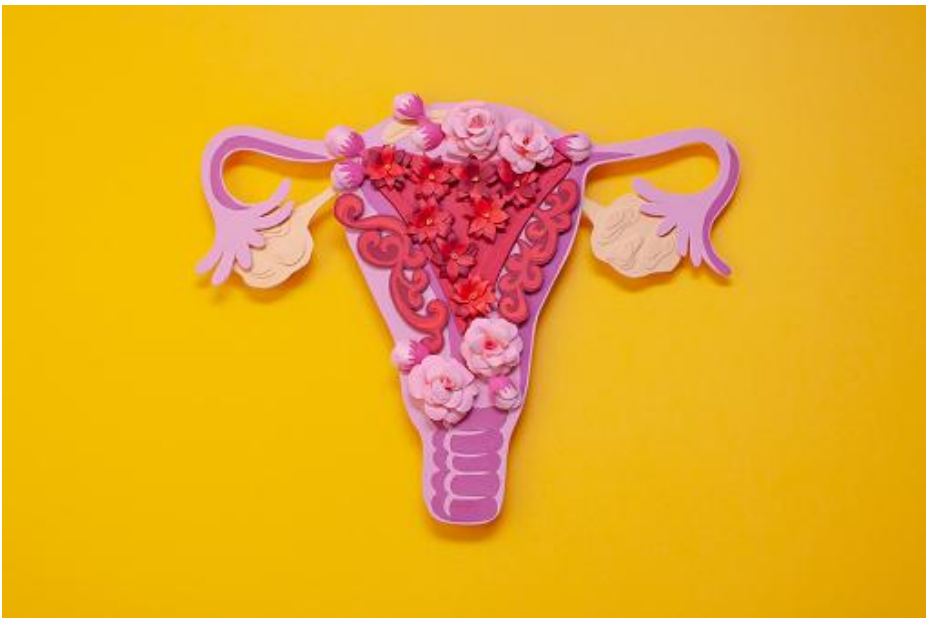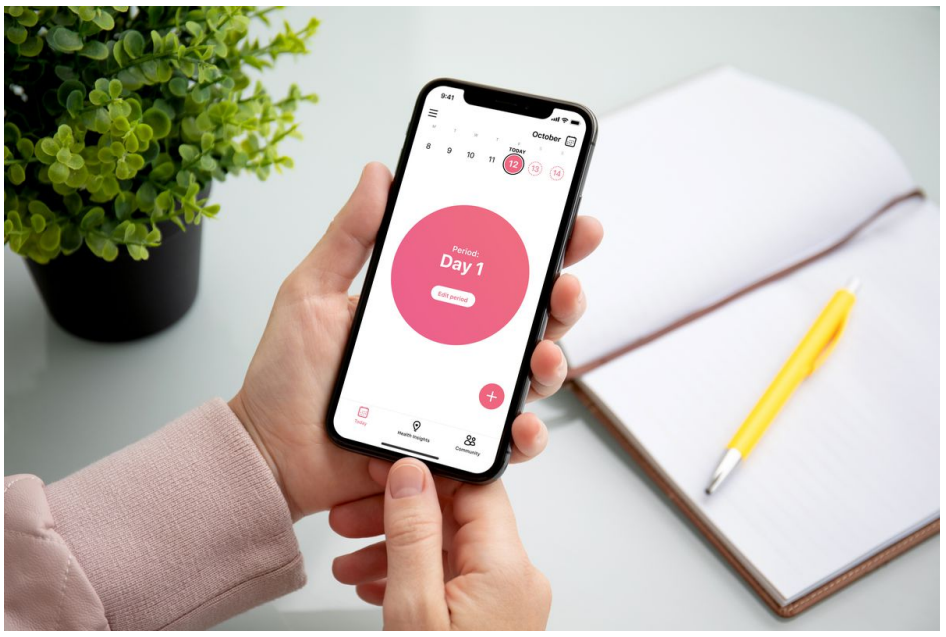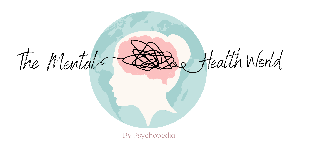
Self-care is vital at all times, but it’s more important when you’re on your period. The impact of your menstrual cycle on your general mental health is often overlooked, but there are steps you can take to control your stress levels and limit the risk of existing mental diseases worsening
during your period.
Menstrual cycles and mental health
More than half of menstrual women suffer from pain during their period, with some estimates putting the figure as high as 84%. According to another survey, 32-40% of persons who have periods say the pain is so bad that they have to skip work or school. But it’s not simply the physical signs of menstruation that can make you feel bad.
Premenstrual syndrome (PMS) affects the majority of women who menstruate, causing mood swings, headaches, despair, anger, tension, and anxiety, according to Hannah Samano,
founder of the UK’s first cycle care platform.
“Hormonal fluctuations during your menstrual cycle can influence your mental health, but your mental health can also influence your menstrual cycle.” Your period can be shortened or stopped as a result of stress. It can also aggravate the pain “Samano explains.

Keep track of your cycle
If you have PMS, it will strike during the luteal phase, just before ovulation. Your estrogen levels are low this week, a hormone fluctuation that creates a mood swing. Mood, emotions, and mental health can all be affected by the rise and fall of estrogen and progesterone over a cycle.
Keeping track of your cycle might help you form a bond with it and spot patterns in your emotions. When you’re aware of and anticipating changes in your mental state, you’ll know to take additional care of yourself and use coping mechanisms.
Menstrual cycle tracking doesn’t have to be difficult or time-consuming, thanks to a variety of applications that handle all the work for you, right on your phone.

Try working out
It’s natural to not want to exercise during this time of the month. Exercise, on the other hand, releases molecules known as endorphins. These interact with pain receptors in your brain, reducing pain perception and eliciting a good bodily sensation. As a result, mild exercise can help to alleviate the cramps and discomfort that come with PMS.
Serotonin and dopamine are two chemicals released during exercise that not only improve your mood but also inhibit anxiety-inducing hormones.
If you have trouble sleeping when on your period, mild exercise may be able to help because it can support your sleep habits. Exercise can even aid in the reduction of bloating and water retention. Remember to do what feels good to you and don’t overwork yourself.
Practice stress control
Everyday life has its own set of worries, which, when mixed with the unpredictability of a period, may rapidly become overwhelming. As a result, stress management techniques should be used throughout your menstrual cycle. Your body creates more cortisol and corticotropin-releasing hormones when you’re stressed (CRH). Stress hormones are another name for these hormones.
“Finding modest measures to ease stress and give oneself a rest is crucial. Because stress interferes with our hormones and can disrupt our cycle, it is the leading cause of severe menstrual symptoms “Samano adds.
Head outdoors
Ecotherapy, or spending time in nature, has been shown to benefit both mental and physical health. Stress and anger can be reduced by being outside and feeling connected to your natural inclination.
“Fresh air has been demonstrated to aid in food digestion, blood pressure and heart rate improvement, and immune system strengthening. It’s no surprise, then, that going outside improves one’s mental health. Getting out into the fresh air each day might help you feel re-energized and ready to take on the world “Dr Lakhani agrees.
According to studies, simply going on a stroll can improve your memory, and gazing at photos of greens for less than a minute can improve your mood. This shows that ecotherapy can be included in your daily life outside of your menstrual cycle.
Engage in mindfulness
The severity of PMS has also been proven to be influenced by mindfulness. Meditation, in particular, has been demonstrated to alleviate the physical and emotional symptoms of PMS, particularly in those suffering from severe PMS.
Mindfulness can assist you in managing undesirable thoughts and reducing stress. It allows you to reconnect with yourself without becoming engrossed in your ideas. Meditation is a low-risk, low-cost, and helpful activity worth trying to relieve tension and frustration during your period.
Blog By – Sreshta


1 Comment
Excellent article. I definitely appreciate this site. Keep writing!